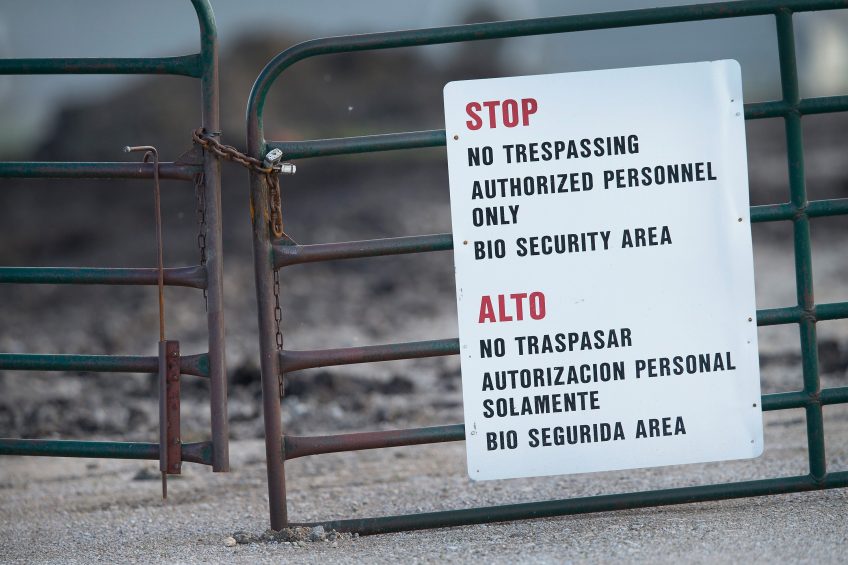Avian influenza hits US breeder flock

An outbreak of highly pathogenic H7 Avian Influenza (HPAI) has been confirmed in a commercial chicken breeder flock in Lincoln County, Tennessee. That was the bad news USDA APHIS brought on 6 March.
USDA notes that this is the first confirmed case of HPAI in commercial poultry in the United States.
Avian influenza response plans in place
The world organization for animal health, OIE, stated that as part of existing avian influenza response plans, the USDA Animal and Plant Health Inspection Service (APHIS), in conjunction with the Tennessee Department of Agriculture, are responding to the identification of a highly pathogenic avian influenza (HPAI) H7 of North American wild bird lineage detection in a chicken broiler breeder flock. Further virus characterisation including N-type is pending.
Check out the interactive Poultry Tool – with the latest insights on the 40+ most common poultry diseases.
This is the first confirmed case of HPAI in commercial poultry in the United States this year. A comprehensive epidemiological investigation in the surrounding area has begun along with enhanced surveillance and testing.
State officials have quarantined the affected premises and implemented movement controls. Depopulation of birds on the premises has been completed. Of the 73,500 birds on the farm, about 700 died from the infection, when authorities were alarmed. The rest were culled following the diagnosis of the HPAI virus.
Trade implications for US poultry
The USAPEEC released the following statement highlighting the implications for US poultry exports. “We hope that countries to which our industry exports will take a regionalised approach when responding to such incidents rather than imposing a nationwide ban. Korea, which, per current protocols, banned all uncooked US poultry and egg products, including hatching eggs and day-old chicks, continues to work on a regionalisation plan with the US that would limit any ban by Korea to the affected state, county, or a designated geographic zone around the affected farm. Korea will still allow imports of pasteurized egg products and cooked poultry.”
“We are hopeful that this occurrence of avian influenza will be isolated, as was the last positive detection in Indiana in early 2016. Thanks to the efforts of APHIS and state animal health officials in Tennessee, it may well be,” the organisation concluded.
Also interesting: Managing avian influenza in the US













